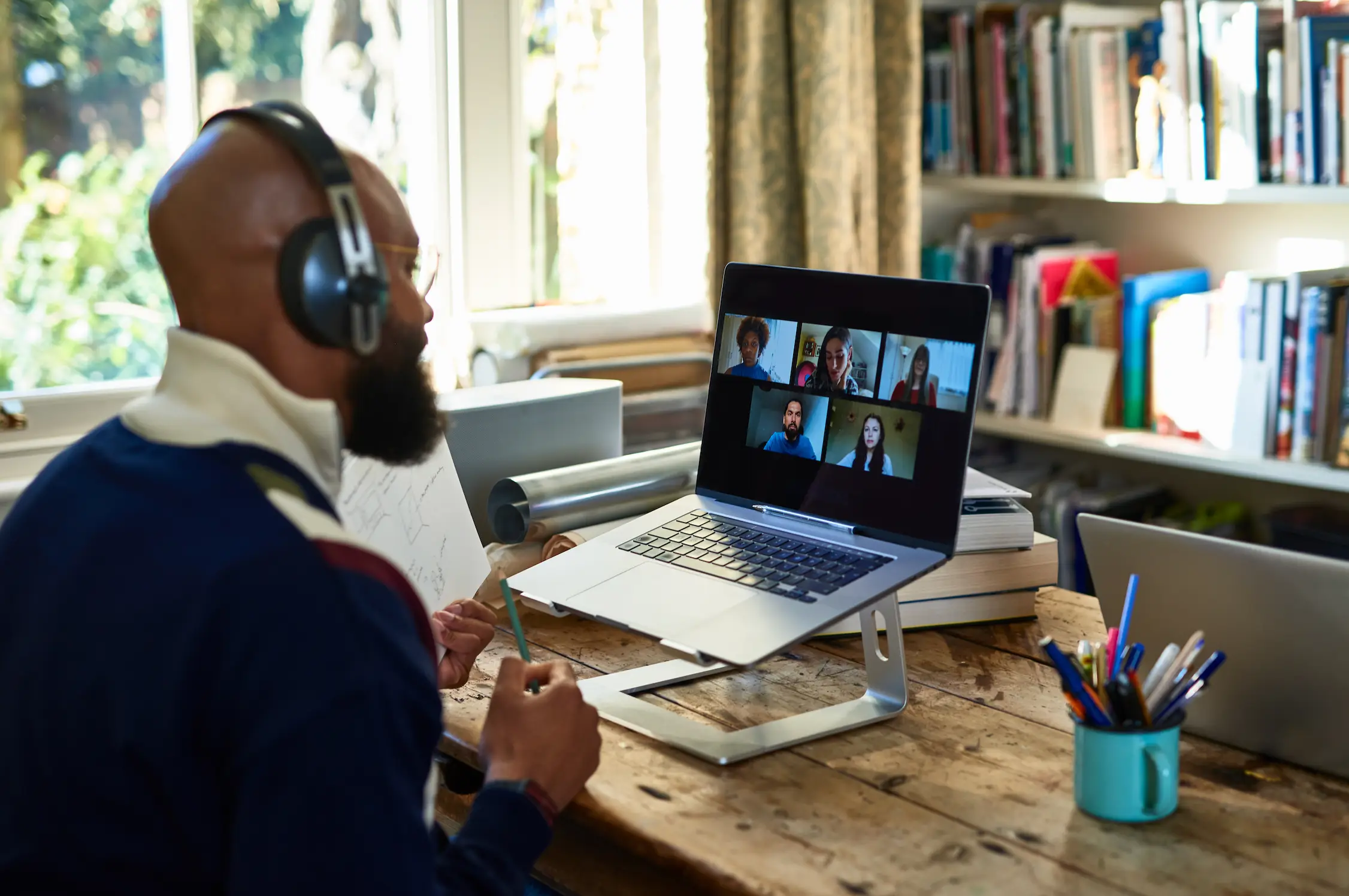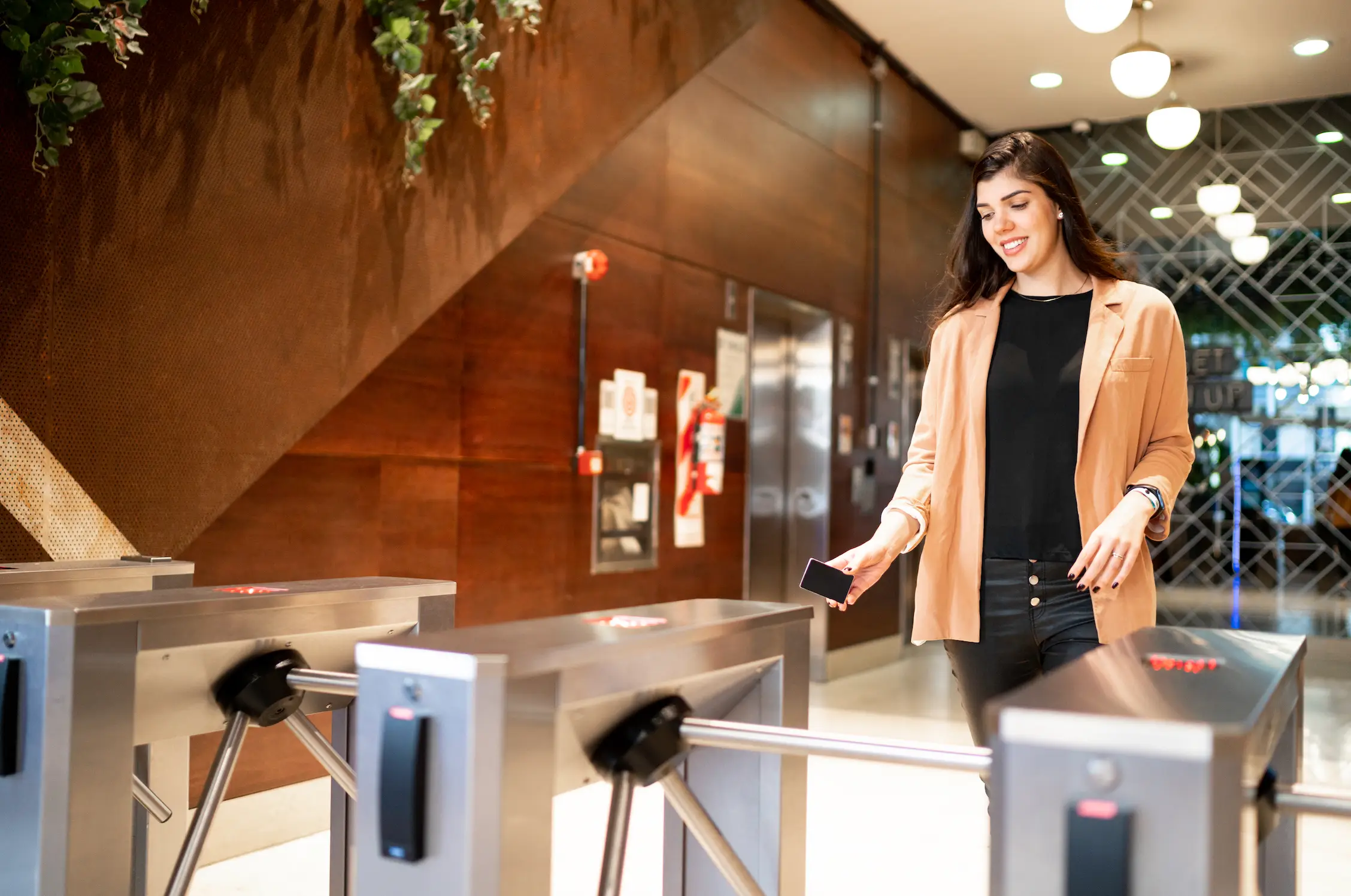
It's widely accepted across the world that the devastating Covid-19 pandemic of 2020 completely changed the way in which many of us work.
Trapped within the compounds of our home for months on end, employees were forced to adapt to brand new 'work from home' policies, unsure whether or not they'd ever step foot into a physical office again.
Slowly, however, many aspects of our daily lives returned to normal.
We were allowed to socialise with groups of more than six, nightclubs reopened and we were permitted to remove our face-masks when travelling on public transport.
Advert
One feature which seems to have stuck around for many employees, however, is the remote set-up, with many firms subsequently adopting the 'hybrid working model', giving their staff the best of both worlds, encouraging in-person sociability and at-home freedom simultaneously.

According to the findings of a 2023 study, however, a huge proportion of 'hybrid workers' are actually taking part in a brand new and extremely controversial trend known as 'coffee badging'.
But what is 'coffee badging'? And are you unknowingly guilty of it?
What is 'coffee badging'?
This questionable 'office crime' essentially sees them taking liabilities when it comes to in-person requirements, with countless employees each week reportedly swiping into to their office building to fulfil your boss's in-person requirements - by grabbing a cup of joe, or hopping into a quick meeting - but leaving to flee home as quickly as possible.
Who is doing it?
According to a 2023 study of 2,000 US workers - carried out by videoconferencing company Owl Labs, who defined it as as 'showing face at the office and then leaving' - it was found that 58 percent of hybrid employees admitting to 'coffee badging'.

An additional 8 percent claiming they were keen to give it a go.
Why 'coffee badging' can be dangerous?
Whilst it might seem reasonable to meet the general in-person requirements then duck out, according to one head of HR, it may actually damage your chances of excelling in the company you work for.
That's right - according to one Human Resources worker (interviewed by journalist Hilke Schellmann as per The Huffington Post), 'coffee badging' could actually cost you a promotion.
The journalist reported about the company in this example: "They wanted to promote the people who had the longest hours at the office. So they looked at keycard swipe-in data.
"And then when it came to the pandemic, and they had to look at layoffs, they wanted to use this kind of data again to sort of understand who were the ‘least productive’ people, and they were going to look at the badge data logs."
She went on: "Now with digital technology, everything leaves a trace, and that trace can be checked by superiors."
Doesn't sound so appealing now, does it?
Topics: Food and Drink, Jobs, Real Life, Life